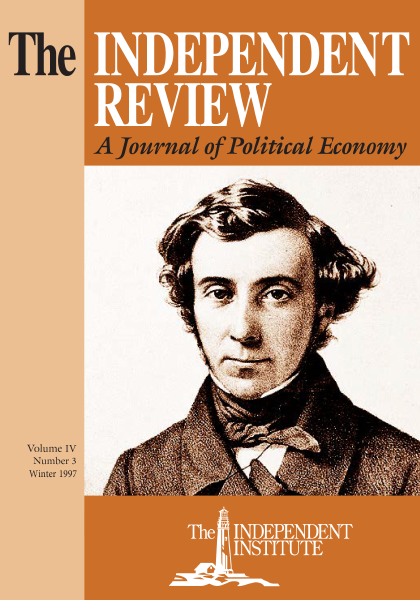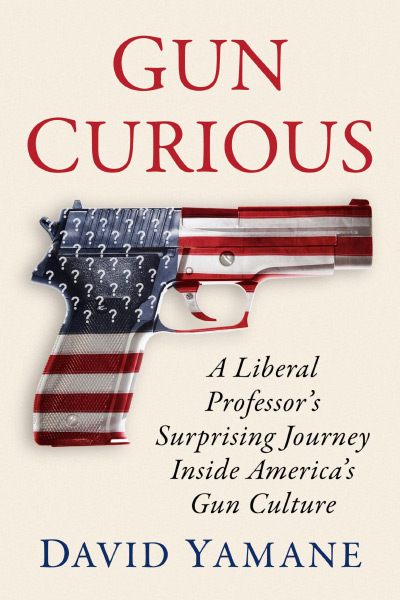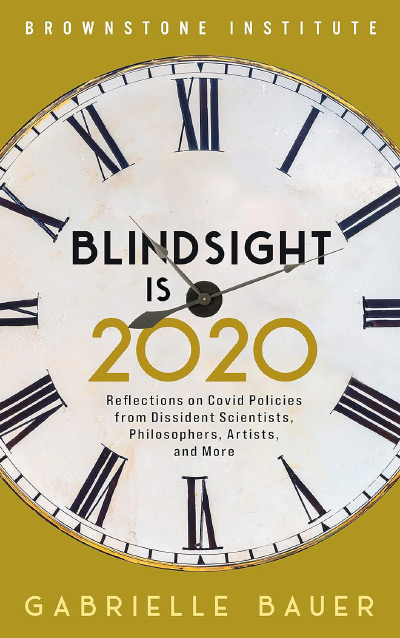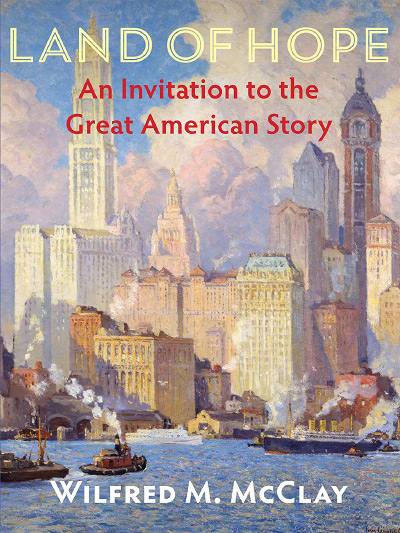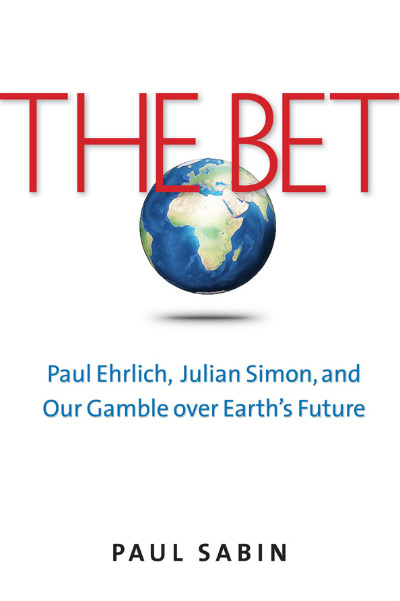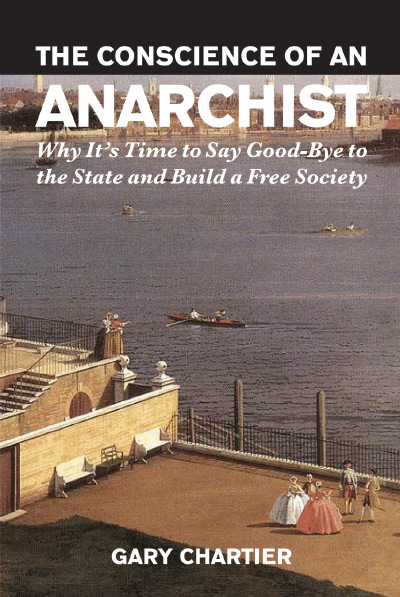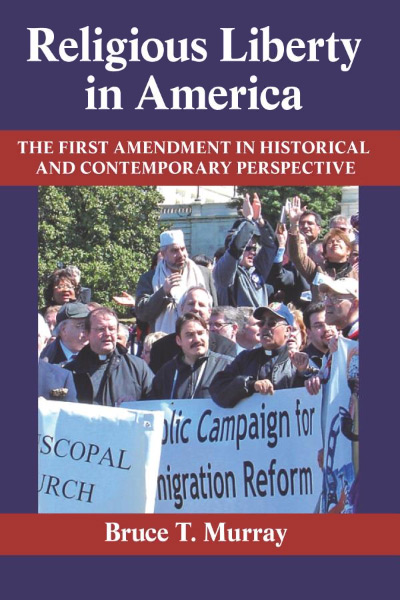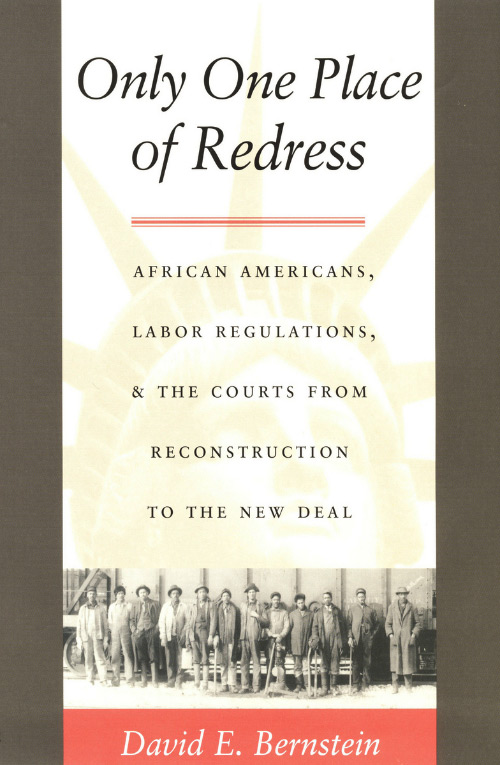Hadley Arkes’s The Return of George Sutherland is less a biography of the conservative Supreme Court justice than an extended essay on several major issues of constitutional law through which he issues a clarion call for the restoration of “a jurisprudence of natural rights.” The book is thus no traditional “life and letters” portrayal of a justice remembered today, if at all, as one of the “four horsemen” who refused to give constitutional sanction to Franklin Roosevelt’s New Deal. Neither does it exemplify the currently more fashionable intellectual biography, though it is the justice’s philosophy that intrigues Arkes.
The private record of Sutherland’s life is very thin. He left no collection of letters, no diary or journal. He is seldom the subject of private comment in the surviving records of those who knew him. It is no surprise that Arkes cites the Sutherland papers only twice. Neither is the justice’s public record as voluminous as a biographer would wish. He served one term in the U.S. House of Representatives before his election in 1905 to the U.S. Senate, where he served until 1922. He made few public speeches. President Warren Harding appointed him to the U.S. Supreme Court in 1922, and he remained there until his retirement in 1938. During his fifteen years on the Court, he wrote 288 opinions. Unlike his more irascible colleague, Justice James McReynolds, the urbane Sutherland dissented infrequently, penning only 33 dissents. Whether writing for the Court or in dissent, he seldom indulged in long philosophical disquisitions.
Still, this slim record suffices to justify Arkes’s conclusion that Sutherland “knew long before he ascended the bench the hierarchy of good things that made up the world he would seek to preserve”—a hierarchy “that reason itself disclosed” (p. 292). Indeed, the key to understanding Sutherland, Arkes argues, is his commitment to the natural rights philosophy he had already imbibed by the time he was twenty years old. Writing in his commonplace book in 1882, the young Sutherland quoted the following: “Natural liberty is the right which nature gives to all mankind of disposing of their persons and property after the manner they judge most convenient to their happiness, on the condition...that they do not abuse it in any way to the prejudice of other men” (p. vi).
The burden and message of Arkes’s clearly written and carefully argued book are that the Court has undermined Sutherland’s hierarchy of values by its indifference to the commands of natural law. In Arkes’s summary:
The liberal jurists of our time have made their way to a jurisprudence that requires the jural ground of those judges, like McReynolds and Sutherland, who resisted the New Deal. In short, the liberal jurists of our own day require the jurisprudence of Sutherland in order to sustain their project. Yet, they find themselves rejecting the very premises, or the ground, of that jurisprudence in natural rights. Or, they speak the words of natural rights without the moral substance. But detached from that moral substance, detached from the ground of moral truths, modern liberal jurisprudence is condemned to...“jural babble.” It speaks of “natural rights” while denying that these rights can be said, in any strict sense, to be true and, therefore, truly “rightful.” (p. 284).
Sutherland and McReynolds were not relativists: they were grounded in a moral culture that enabled them to distinguish right from wrong, and they believed the Constitution reflected that moral order. They were also convinced that its abandonment would lead to moral chaos. Yet these justices were no dimwitted defenders of the rich. Precisely because they subscribed to a coherent moral order, they often shielded the “have-nots” from the “have-plenties.” For example, Sutherland, as a U.S. senator from Utah, crusaded on behalf of voting rights for women. Years later, he wrote for the Court in Powell v. Alabama (287 U.S. 45 [1933]) that the Sixth Amendment guaranteed the “Scottsboro boys” the right to counsel. In other words, his innate conservatism was infused with libertarianism, born perhaps of his growing up in the West, where people had to rely on themselves and prized their independence.
In chapter after chapter, Arkes demonstrates how the intellectual confusion of the Court’s response to modern regulatory schemes has undone “the discipline of the Constitution” and led to the very moral chaos the justices feared (p. 159). For contrast he cites Sutherland’s compelling opinion in Frost Trucking Company v. Railroad Commission (278 U.S. 515 [1929]) rejecting a state regulatory scheme that reduced any business that used trucks to the status of a common carrier. The state sought to accomplish this goal by conditioning the business’s right to use public roads on its agreement to the regulatory scheme. Sutherland’s response was as succinct as it was clear: the state “may not impose conditions which require the relinquishment of constitutional rights” (p. 94).
Arkes’s analysis of the Court’s delegation and commerce clause jurisprudence is illuminating and devastating. He argues that the modern Court has forgotten what Sutherland understood—namely, that “the formula of the Commerce Clause was a formula for the limiting of federal power; it was never offered as an econometric model for the flow of transactions in a modern economy” (p. 123). A similar objection could be made about the delegation doctrine: It was never intended to promote efficient government. In developing the implications of these priorities, Arkes demonstrates a depth and subtlety of understanding that surpasses that of his subject, who, he concedes, had in some of these matters only an “intuitive understanding” never fully elaborated.
Reading this book is a delightful experience. One is transported into Professor Arkes’s classroom, where one sits, intrigued by the philosophical and legal puzzles he poses, awed by his knowledge, swept away by the power of his analysis. Those who read this book will never again think in quite the same way about Justice Sutherland or, more important, about the enduring question of how free people should govern themselves.
| Other Independent Review articles by James E. Bond | |
| Spring 2005 | The New Constitutional Order |
| Winter 2000/01 | Market Education: The Unknown History |

